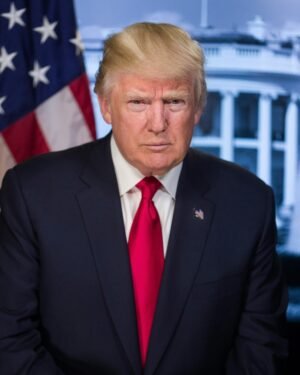Donald Trump Bond Rejected Due to Low Fee, Insurer Suggests
The billionaire behind the surety company that posted Donald Trump’s civil fraud bond said that insurers “probably didn’t charge” the former president enough when covering the pledge.
Trump posted a $175 million bond on Monday as he appeals a ruling by New York State Supreme Court Justice Arthur Engoron, who found the former president and others associated with The Trump Organization liable of misleading insurers and lenders to obtain stronger financial terms.
But the bond was rejected by the court’s filing system later that same day due to missing paperwork, including a “current financial statement.” New York Attorney General Letitia James later raised questions about the “sufficiency” of the bond.
Don Hankey, chairman of the Los-Angeles based Hankey Group and owner of the Knight Specialty Insurance Company that posted Trump’s bond, told Reuters in an interview published Friday that his firm charged the former president a low fee when agreeing to put up the $175 million bond. The businessman reportedly declined to disclose the fee, but said that Knight picked a lower amount because it did not believe there was much risk involved.
“We thought it would be an easy procedure that wouldn’t involve other legal problems and it’s not turning out that way,” Hankey said. “We probably didn’t charge enough.”
According to online agency Insureon, which handles small-business insurance, a surety bond’s fee can range from 1 percent to 15 percent of the total bond amount.
Hankey added during the interview that his company had “been getting a lot of emails” and phone calls since backing Trump’s bond, adding, “Maybe that’s part of the reason he had trouble with other insurance companies.” The former president’s lawyers had pleaded with a New York appeals court to lower the bond amount from Trump’s original $454 million order in damages, arguing that it was a “practical impossibility” to meet the penalty.
Hankey also said that he was shocked that James had questioned the bond, telling Reuters that he was “surprised they’re coming down harder on our bond or looking for reasons to cause issues with our instrument.”
James’ office pressed Trump and the Knight company in a court filing earlier this week, asking that Trump or the bond underwriter “justify” the bond, which could mean disclosing additional information about collateral the former president put forward in exchange for Knight backing the amount.
A court hearing was scheduled for April 22 to discuss details of the bond.

